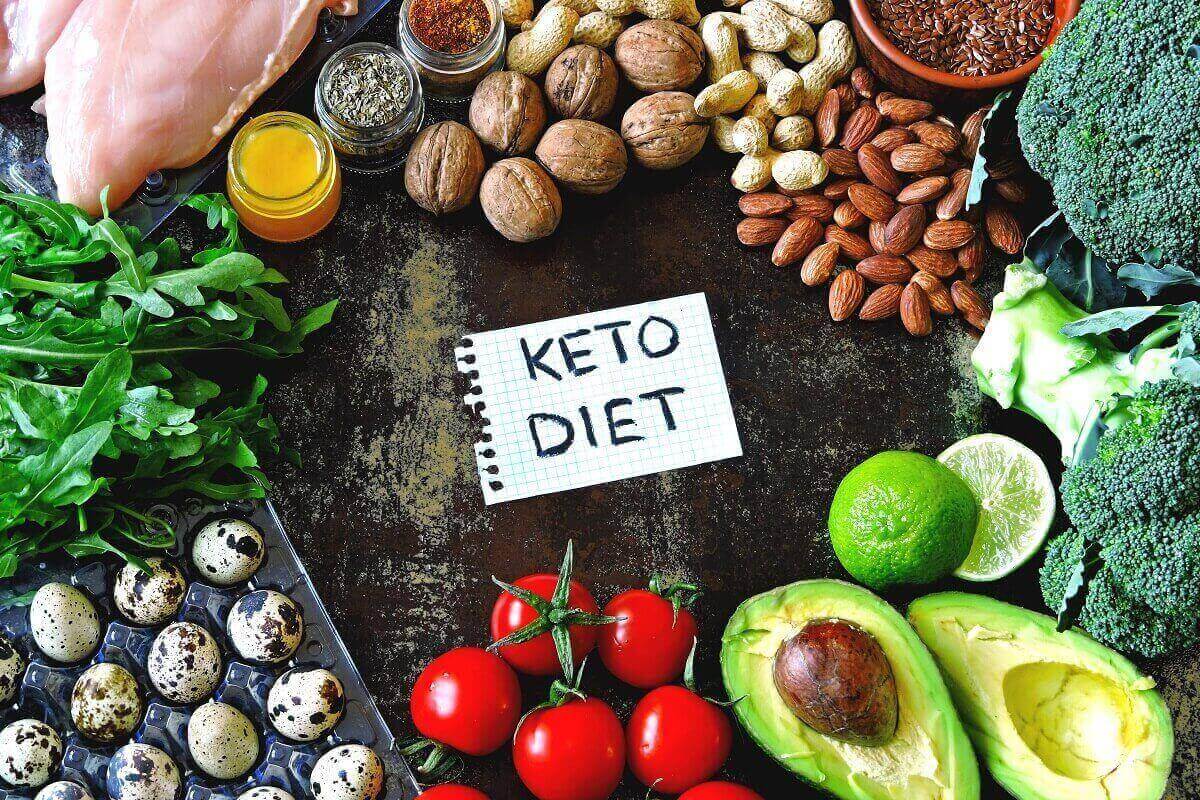How to Avoid Losing Muscle on a Keto Diet.
How to avoid losing muscle on a keto diet?
If you have ever tried losing weight before, you may have heard of the keto diet. The keto diet is marketed as a fantastic way to lose weight because it is ultimately supposed to force your body into using stored fat as fuel.
Over the years, a number of different versions of the keto diet have become popular as more and more people try to find ways to lose weight as fast as possible. When people say that they want to lose weight, they actually want to lose fat without losing muscle mass.
Let’s take a closer look at what the keto diet is and how it affects your ability to build muscle. We will also examine some of the risks associated with this particular diet as well as how to avoid losing muscle.
What is the keto diet?
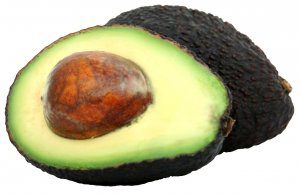
The keto diet promotes consuming a lot of fat and very little carbohydrates while maintaining a moderate protein intake throughout the day (Paoli, Cancellara, Pompei, & Moro, 2019).
If you are following the keto diet, approximately 5% of your total daily calories should come from carbohydrates. Protein makes up approximately 30-35% of your total daily caloric intake and fat makes up the bulk of your caloric intake at 55-60% (Masood, Annamaraju, & Uppaluri, 2020).
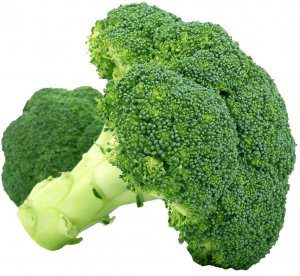
With that in mind, the body will end up using stored fat as fuel because the person following a keto diet is not eating enough carbohydrates. As a result of not eating enough carbohydrates for a few days, your body will enter ketosis.
During ketosis, ketone bodies are produced from fat and are used as a fuel source (Puchalska & Crawford, 2017).
How does it affect your ability to build muscle?
You may be concerned that a keto diet may cause you to lose muscle, which is possible. Carbohydrates are often known as the primary source of fuel, particularly for people who work out regularly (Slavin & Carlson, 2014). This means that if you suddenly and drastically reduce your intake of carbohydrates, you may not have the energy to work hard enough in the gym to build muscle.
To build muscle, you must be able to consistently increase the amount of weight you are lifting and the number of repetitions of each exercise that you are doing, which could be hard to do if you are not consuming enough carbohydrates.
If you are not able to keep up with your workouts as a result of reducing your carbohydrate intake, then you will most likely lose muscle over a certain period of time. If you lose too much muscle, you will feel weaker. Your metabolic rate will also be reduced if you lose too much muscle.
Possible risks associated with a keto diet.
In addition to potentially negatively impacting your ability to build muscle, there are a few other possible health risks associated with a keto diet.
First, since many fruits and vegetables contain carbohydrates, you may be at risk for developing deficiencies of certain nutrients that are in that particular food group. Unfortunately, fruits and vegetables, many of which are high in carbohydrates, are sources of a number of different nutrients required for optimal health.
developing deficiencies of certain nutrients that are in that particular food group. Unfortunately, fruits and vegetables, many of which are high in carbohydrates, are sources of a number of different nutrients required for optimal health.
Also, since the keto diet is high in saturated fats, your levels of “bad” cholesterol will increase, potentially putting you at risk for heart disease (“Should you try the keto diet?“, 2019).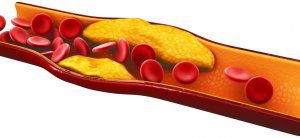
The keto diet can also potentially put stress on your kidneys and may put you at risk for developing kidney stones.
Additionally, since it is difficult to stick to a low-carbohydrate diet long-term, even if you end up losing weight while you are on it, you may end up regaining the weight when you start eating the way you used to eat before.
The keto diet may also result in constipation because you are not eating as many foods that are high in fiber, such as grains.
Lastly, a low-carbohydrate diet may cause mood swings and confusion because the brain requires carbohydrates to function properly.
How to avoid losing muscle on a keto diet.
To avoid losing muscle on a keto diet, it is important that you consume enough calories throughout the day. The keto diet is not meant to be a very low-calorie diet if you are trying to build and preserve muscle. Your daily caloric needs depend on your gender, activity level, weight and height.
Additionally, you must make sure that you are consuming enough protein.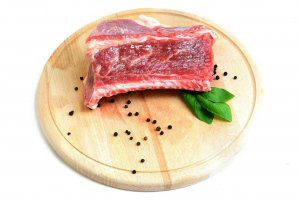 Eating too little protein will prevent you from building muscle while eating too much protein may cause your body to stop making ketones. However, you should be able to consume approximately 1 gram of protein per lb of body weight.
Eating too little protein will prevent you from building muscle while eating too much protein may cause your body to stop making ketones. However, you should be able to consume approximately 1 gram of protein per lb of body weight.
What to do if you do not have enough strength through your workouts while you on keto diet?
If following a keto diet is making it difficult for you to get through your workouts, you should try consuming a small amount of carbohydrates closer to your workout. Since you are still allowed a small amount of carbohydrates on a keto diet, it may be beneficial for you to time your carbohydrate intake with your workout.
Furthermore, since the keto diet uses fat as fuel, it is important that you carefully calculate how much fat you need to consume to ensure that you get enough of it.
In addition to carefully monitoring your diet, you must do strength training workouts regularly to maintain your muscle mass. 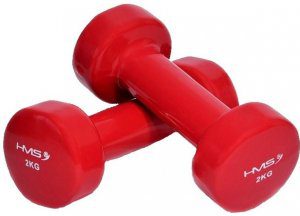 Your strength training workouts should progressively increase in difficulty.
Your strength training workouts should progressively increase in difficulty.
To maintain your muscle mass, in addition to working hard in the gym, you must also get plenty of high quality sleep. Sleep will help you feel more energized for your workout the next day and it plays an important role in muscle building and repair.
Summary
As you know, the keto diet is very popular for weight loss and it requires you to significantly reduce your carbohydrate intake. On the keto diet, your body uses fat, instead of carbohydrates, as the primary source of fuel, after going through a number of processes.
If you are thinking about trying the keto diet, you should consider the potential health risks. While it is possible that you may lose muscle mass on the keto diet, there are a few ways to prevent it.
Consuming adequate amounts of protein and fat, as well as timing your carbohydrate intake, strength training regularly and sleeping soundly will help you preserve your muscle mass even if you are on the keto diet.
REFERENCES:
- Masood W, Annamaraju P, Uppaluri KR. Ketogenic Diet. [Updated 2020 Mar 29]. In: StatPearls [Internet]. Treasure Island (FL): StatPearls Publishing; 2020 Jan-.
- Paoli, A., Cancellara, P., Pompei, P., & Moro, T. (2019). Ketogenic Diet and Skeletal Muscle Hypertrophy: A Frenemy Relationship?. Journal of human kinetics, 68, 233–247.
- Puchalska, P., & Crawford, P. A. (2017). Multi-dimensional Roles of Ketone Bodies in Fuel Metabolism, Signaling, and Therapeutics. Cell metabolism, 25(2), 262–284.
- “Should you try the keto diet? (2019). Harvard Health Publishing.
- Slavin, J., & Carlson, J. (2014). Carbohydrates. Advances in nutrition (Bethesda, Md.), 5(6), 760–761.
